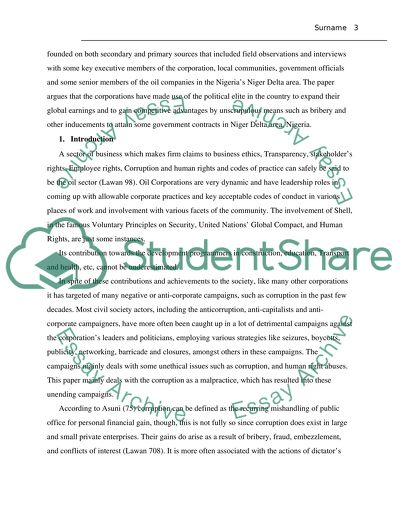Cite this document
(“Why is the Oil Industry and Corruption so closely linked Research Paper”, n.d.)
Why is the Oil Industry and Corruption so closely linked Research Paper. Retrieved from https://studentshare.org/history/1492138-why-is-the-oil-industry-and-corruption-so-closely
Why is the Oil Industry and Corruption so closely linked Research Paper. Retrieved from https://studentshare.org/history/1492138-why-is-the-oil-industry-and-corruption-so-closely
(Why Is the Oil Industry and Corruption so Closely Linked Research Paper)
Why Is the Oil Industry and Corruption so Closely Linked Research Paper. https://studentshare.org/history/1492138-why-is-the-oil-industry-and-corruption-so-closely.
Why Is the Oil Industry and Corruption so Closely Linked Research Paper. https://studentshare.org/history/1492138-why-is-the-oil-industry-and-corruption-so-closely.
“Why Is the Oil Industry and Corruption so Closely Linked Research Paper”, n.d. https://studentshare.org/history/1492138-why-is-the-oil-industry-and-corruption-so-closely.


